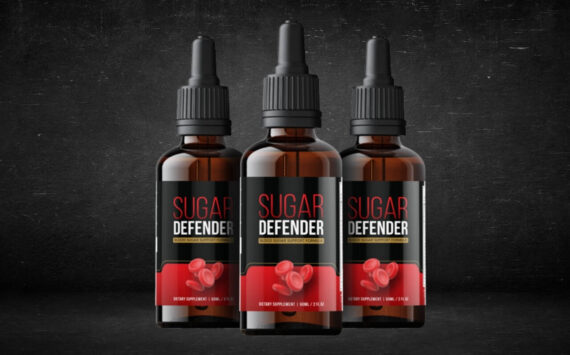A Stage 1 burn ban continues for Snohomish and Pierce counties, due to cold and stagnant weather conditions and rising air pollution levels, according to the Puget Sound Clean Air Agency. These bans are in effect until further notice.
A ridge of high pressure over the Puget Sound area will result in cold temperatures with little wind on the evening of Monday, Dec. 12. Air quality is expected to deteriorate in Snohomish and Pierce counties, especially in communities where residential wood burning is common. In these communities, air quality could reach levels considered “unhealthy for sensitive groups.”
Clean Air Agency staff follow a protocol set by state law to determine when and where to issue a burn ban, and when to lift a burn ban.
“We issue Stage 1 burn bans on the basis of weather conditions and rising pollution levels in the individual counties within our jurisdiction, when we predict these areas may violate federal air quality standards,”said Craig Kenworthy, executive director of the Puget Sound Clean Air Agency. “As a result, one or more counties may have a Stage 1 burn ban in place while others have no restrictions in place, or may have advanced to a Stage 2 burn ban.
“I’d like to thank all of those who stopped burning last week and the week before when we issued the first burn ban of the season,” he added. “It helped reduce the amount of pollution that built up, lessening the serious health impacts faced by people sensitive to air pollution, including children, the elderly and people with lung and heart conditions.”
During a Stage 1 burn ban:
• No burning is allowed in fireplaces or uncertified wood stoves. Residents should rely instead on their homes’ other, cleaner sources of heat, such as their furnaces or electric baseboard heaters, for a few days until air quality improves, the public health risk diminishes and the ban is cancelled. The only exception is if a wood stove is a home’s only adequate source of heat.
• No outdoor fires are allowed. This includes recreational fires such as bonfires, campfires and the use of fire pits and chimineas.
• Burn ban violations are subject to a $1,000 penalty.
• It is okay to use natural gas, propane, pellet and EPA-certified wood stoves or inserts during a Stage 1 burn ban.
How can one tell if their wood stove is certified, and okay to use during a Stage 1 burn ban?
If the stove is more than 20 years old, it is likely uncertified and prohibited for use during a burn ban. Uncertified wood stoves are no longer legal to sell or purchase in the state of Washington due to the significant pollution they generate. A certified stove will have an EPA label on the back.
The Environmental Protection Agency has also issued a burn ban on all outdoor burning on several reservations in the state of Washington, including the Tulalip and Stillaguamish reservations. There is also a burn ban in place for the Coeur D’Alene Reservation in Idaho.
This burn ban applies to all outdoor and agricultural burning, including camping and recreational fires within reservation boundaries. Ceremonial and traditional fires are exempt from the outdoor burn ban.
The EPA also requests that reservation residents reduce all sources of air pollution, including excess driving and idling of vehicles, and the use of wood stoves and fireplaces, unless it is their only source of heat.
The Washington State Department of Health recommends that people who are sensitive to air pollution limit time spent outdoors, especially when exercising. Air pollution can trigger asthma attacks, cause difficulty breathing and make lung and heart problems worse. Air pollution is especially harmful to people with lung or heart problems, people with diabetes or difficulty breathing, children, pregnant women and adults older than 65.
The purpose of a burn ban is to reduce the amount of pollution that is creating unhealthy air. Puget Sound Clean Air Agency staff will continue to monitor the situation.







